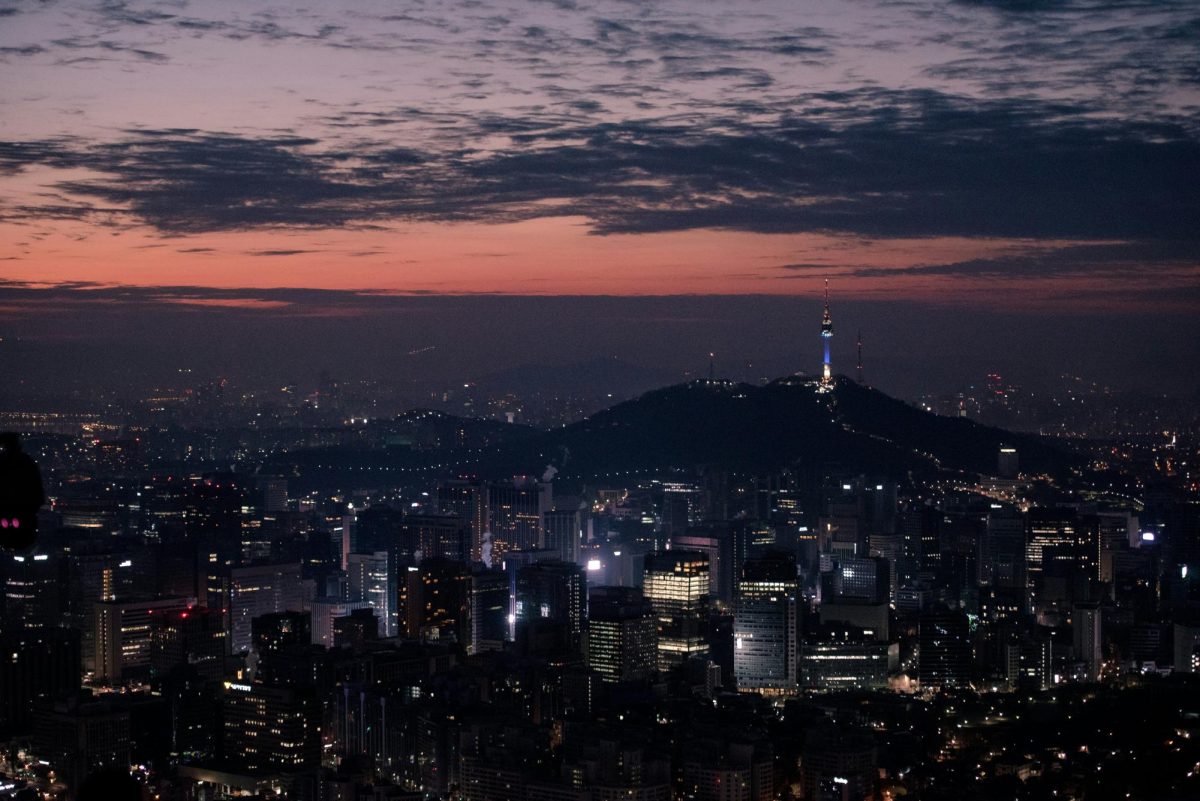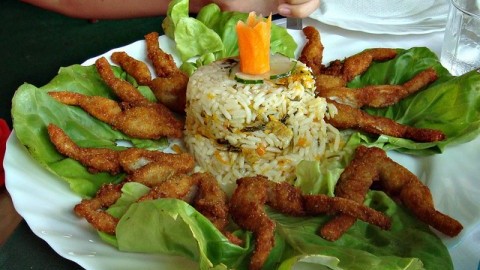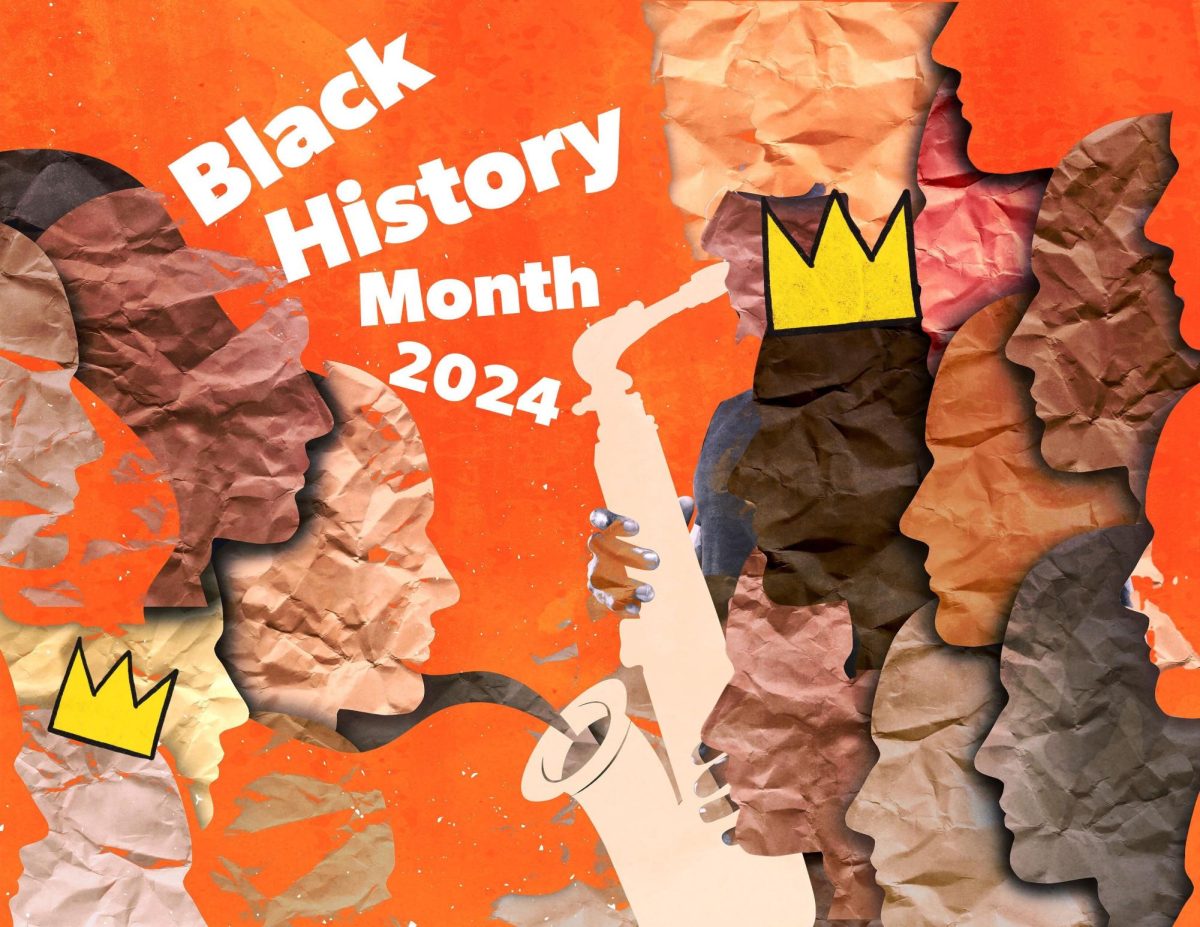Chiang Mai, Thailand “the rose of the north,” is different, and yet the same. The roads are paved, occupied by songthaews – red pick up trucks with cab service- modern cars, motorbikes and traffic lights. Coffee shops selling americanos are snuggled between every other Thai version of dollar stores which are crammed with plastic laundry baskets, polka dot hair pins, straw brooms, and every other random necessity (including Facebook flip-flops).

Globalization is inevitable: almost every restaurant menu is translated into English and 7 Elevens are dispersed among the blocks with occasional graffiti covered buildings. The Central Airport Plaza services consumers with Pizza Hut, KFC, Auntie Anne’s, and of course Starbucks. It is quite the overwhelming shopping mall with five floors; one specifically designated for electronics and another for beauty and weight loss products.
This city is a city, a city in the jungle. Trees remain uncut as branches spiral through some of the local eateries’ roofs. A world of green emerges on the Chiang Mai University’s campus with such a variation of vegetation: plants with leaves about four feet long, rows and rows of bushes, tall thin blades of grass, palm trees and pine trees and some that even look like they belong in an African safari. Chiang Mai’s natural environment is a victim of pollution, however. The humid air is in a constant state of haze from vehicle exhausts and street vendors’ grills. There are rarely any public trashcans, causing people to leave scraps for the many stray dogs or walk around with handheld garbage until reaching home.
Although Chiang Mai is more developed and industrialized than other parts of Northern Thailand, it still maintains its authentic roots. Spirit houses (similar to Buddhist shrines) located next to most businesses are outlined with offerings such as coca-cola cans, flowers, and apples while protecting the roads from evil. Men and women wear dust masks over their mouths as they stand over smoky grills cooking fresh pork and chicken kabobs on the sidewalks. So much pork. I thought maintaining my vegetarianism was going to be challenging, but it is actually pretty manageable – especially since we discovered Pun Pun, an organic farm that opened a vegetarian restaurant about a 10-minute walk away from our dormitory.
More street food comes out around 4:00 p.m. and stays available all through the night. College students are walking around with Asian-style ramen noodles at midnight. The sidewalks are crowded with stands serving sushi, salads, soups, fried meat, smoothies and fruit like bananas, green mango, guava, dragon fruit, coconut, and pineapple, a lot of which you can get for 20-30 baht. Yes, a healthy filling dinner for $1 is possible. The craziest thing I’ve eaten so far? Silk worms. Not that bad in terms of taste, just really salty, but the crispy outside and chewy inside texture is what got me.

Everyone is genuinely nice. If I have difficulty ordering my food, someone always happens to be standing next to me that knows a little bit of English and translates my broken Thai. The Thai just want to make you happy. Our security guards always greet us with sawadee krap and a slight bow, the proper hello. Their smiles are contagious, especially from the monks. Mini mart cashiers always give us straws for our bottled beverages – and plastic baggage for every purchase. One man somehow squeezes a 16-bottle case of water into the tiniest piece of plastic. Local street vendors pour steaming hot soup into a bag and tie them with a rubber band. Fruit that is already packaged is placed in another baggy and provided with a long toothpick. It’s an interesting but very unsustainable concept.
The most shocking scene: a toddler riding fearlessly in the front of his parents’ moped, without a seatbelt or helmet. A couple days later, this craziness already appears normal. I wouldn’t necessarily say I’ve experienced any extreme “culture shock.” The trick is to embrace every moment with the reminder that this is home for the next four months. Whether that moment is peculiar, smelly, humid, confusing, relaxing, startling, who cares, just accept it. Besides, it’s not everyday you get to study abroad in the jungle.
For more posts about her adventures studying abroad in Thailand, check out Kristina Kulyabina’s blog: Timeless Thailand . Kulyabina can be reached at [email protected]














